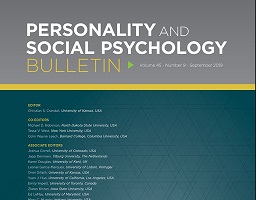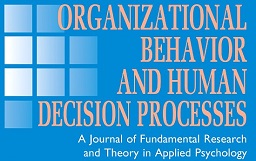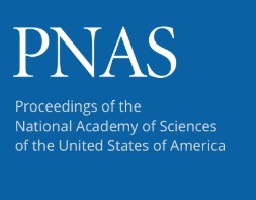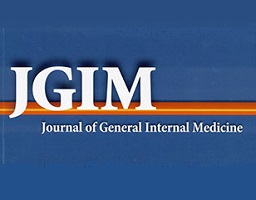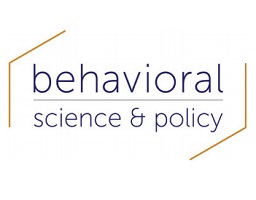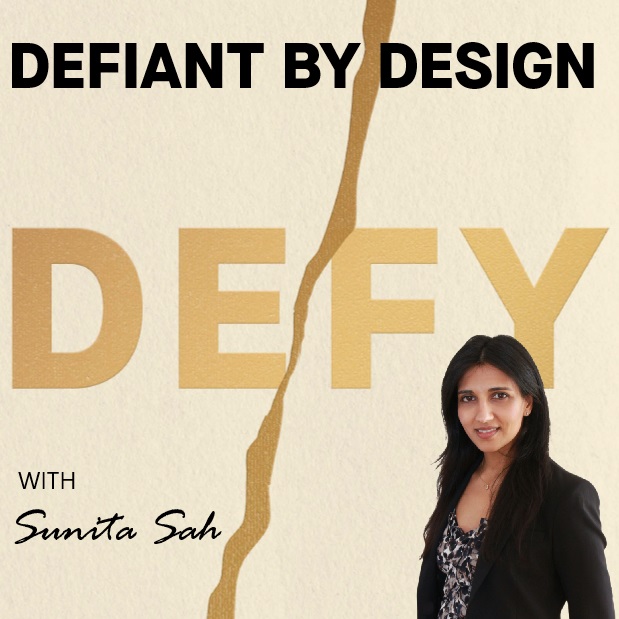Royal Commission into Misconduct in the Banking, Superannuation and Financial Services – Sunday Extra
The Australian Government’s Royal Commission into Misconduct in the Banking, Superannuation and Financial Services Industry asked me to author a Report on Conflicts of Interest and Disclosure as they investigated the poor ethics of their financial institutions. Following the submission of my report, Sunday Extra on Radio National (Australian Broadcasting Corporation) interviewed me to discuss […]

